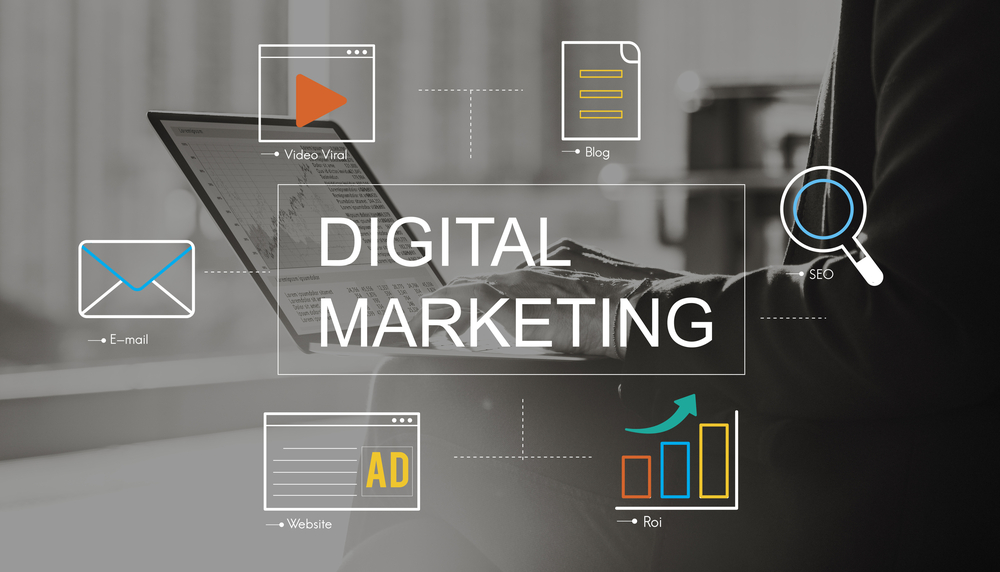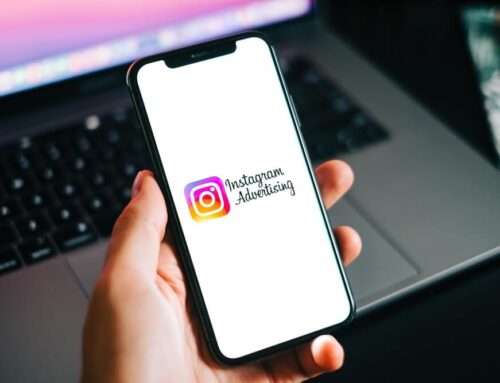Small Business Marketing in the Digital Age
Today, digital marketing is as important as traditional marketing. There was a time when digital marketing was new-age and supplemental, but digital marketing has prevailed in recent years (and months) as essential. What is best about digital marketing is that it is accessible to everyone, regardless of experience and expertise. Whether you hire out for marketing or do it yourself, all elements of a strategy can be handled virtually, and results can be measured directly.
Let’s take a look at why small businesses need digital marketing more than ever.
Do I Need to Use Digital Marketing?
Businesses of any size need to use digital marketing. As a small business, it can be tempting (and even effective) to rely on word of mouth and traditional marketing endeavors. However, today’s current climate limits the number of conversations and outings, reducing the chances of any brand receiving as much exposure as in the past. Additionally, digital marketing only bolsters current marketing initiatives and helps to build your brand’s presence online.
Check out how digital marketing helps your small business:
- Supplement marketing: For every marketing initiative done in person or print, you’ll now have a living extension of it online. This gives consumers another way to reach your brand, read about your event or register to be part of what you offer.
- Online footprint: Emails, social media, website copy, blogs and articles all create a digital trail that leads consumers to your brand.
- Potential referrals: Website and online information can be easily shared, increasing referral opportunities.
- Inbound leads: While you can’t track every instance of foot traffic in your store, you can set up a tracking system for visitors online on your website or social channels and convert them to leads.
- Growth and development: Digital marketing inevitably gets the word out about your brand and increases bandwidth for communication, engagement, and sales.
- Market share: The heavier your presence is online, the larger your presence will become in your local market.

The Guide to Digital Marketing for Small Businesses
As you get your business off the ground and growing, there are a handful of practices that will get your strategy into a solid position for continued development. Let’s look at some of our team’s go-to’s for getting started with digital marketing.
- Stay up to date on digital marketing news: Follow a digital marketing account, newsletter or influencer and stay up to date on current and emerging trends to adopt.
- Develop a solid website: Invest in a developer or build a site on a DIY host to create an online home base for your brand.
- Create strong content consistently: Create a content strategy and update your content channels consistently; this includes web, blog, email, and social channels.
- Develop a presence on social media: Distinguish your brand by curating an account on social media handles. Investigate your consumers to find out which platform is best for your business.
- Secure your brand position: Stay consistent with branding and messaging to secure your position amongst competitors in the marketplace.
- Build your email marketing: Work on generating an email list to share news, offers and content with more prospective buyers.
- Refer to a 360 approach: Every marketing instance should be part of a well-rounded and all-encompassing approach. For example, if you share news about an event on Instagram, the event needs a separate landing page on your website and a follow-up email.
- Remain goal-oriented: Stay true to your objectives and keep yourself accountable by re-assessing goals each quarter (if not more frequently).
- Track and analyze marketing efforts: Set up a tracking system to keep tabs on which efforts are working and which efforts are flat. Then use this information to improve your digital marketing strategy.
- Engage with your online audience: Be responsive to your online audience. Comment back in messages, share fun and exciting content and get to your consumers in return. The more you engage with your audience online, the more trust you can build and work toward creating a loyal brand-consumer relationship.
Online Marketing for Small Business Options:
When you’re ready to strategize and implement a digital marketing plan, you have several options for accomplishing your workload. You can mix and match, single in on one, or experiment with several until you find the resource that suits you best.
- Outsource: You can outsource all of your digital needs today. You can work with a digital marketing agency or compose a team of freelance agents on your own. You can hire a strategist, a branding specialist, content creators, editors, and SEO managers without hiring a single person in-house and without putting anyone on payroll. If you have flexibility in communication and a tight budget, this makes a great option.
- Automate: You can also train the computer to do much of your marketing work for you. By working with automation software, you can send emails, post on social media, and run advertisements without lifting a finger.
- Strategize: You might consider hiring a professional to help you curate your marketing strategy. This person will set your strategy timeline, platforms, and key dates for execution. All you’ll be responsible for afterward is seeing to it that every item on the list gets done at the right time.
- In-house: Hiring an in-house marketing guru can be pricier, but it also helps ensure availability, communication and communal brainstorming. You might hire one marketing professional if you’re a small company; if you’re a midsize business, you’ll need to consider hiring several people to handle the heavy marketing workload as there are many moving pieces.
- Consult: The last option on this list is to hire a marketing consultant to check in with you every quarter or year to evaluate how your strategy is going, which improvements you can make and how to operate most efficiently. The consultant will work with you temporarily and remain available for urgent needs and requests.
When to Hire a Digital Marketing Agency for Small Businesses
Depending on your team composition, skillset, and budget for resources, outsourcing marketing could be a safe bet for your company. Working with outside teams cuts down your overhead and lets professionals work on your behalf to get the highest ROI. All companies have varying needs and for each, there is a team with your exact solution. Hone in on your exact needs, identify budget and time, and then schedule consultations with various outlets to determine whether or not hiring a digital marketing agency is the right move for you.

Comment Below
Are you a small-to-midsize company who’s used digital marketing to improve your business? We would love to hear from you! Tell us about your experience, what works or does not, whether or not investing in digital marketing is a safe play. How has it transformed your business? Let us know in the comments below.
Rosy Strategies
Rely on Rosy Strategies for all of your digital marketing needs. Whether you need assistance automating and outsourcing, or you want strategic guidance as your craft a digital strategy, our team is here with all the tools and tips you’ll need. Reach out to us today!









